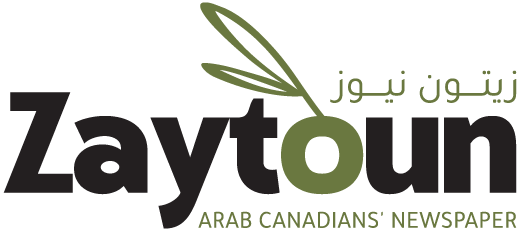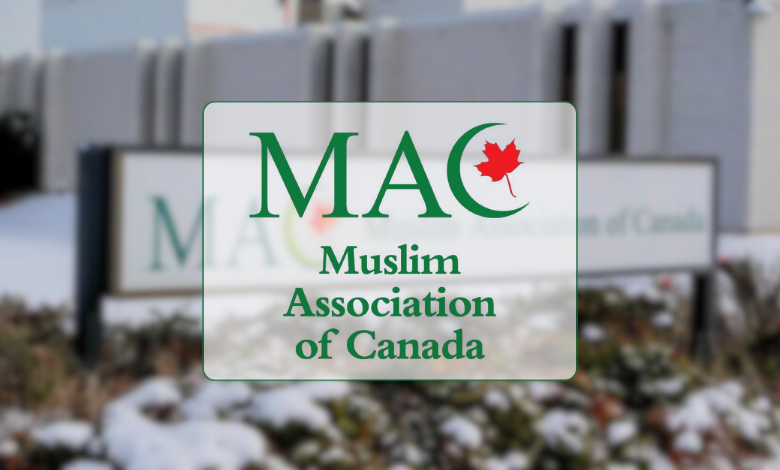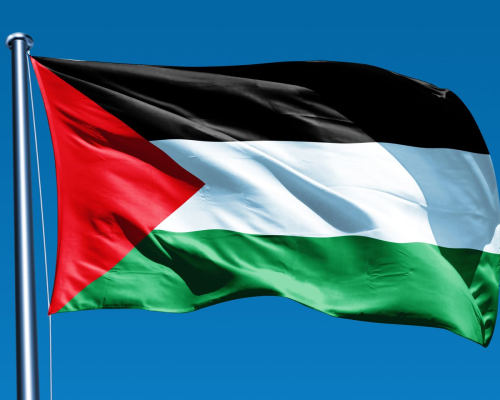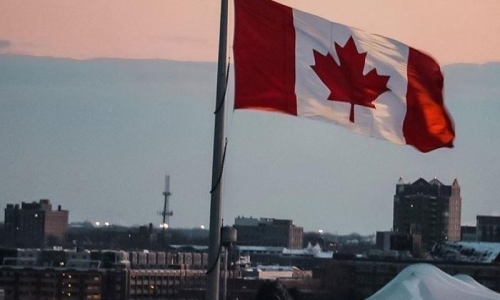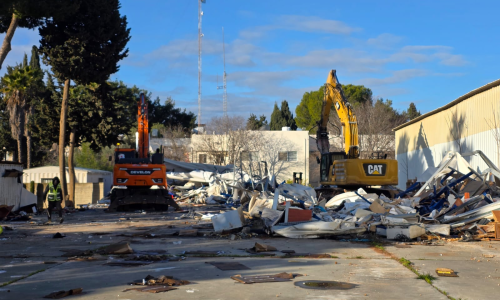By Taghreed Saadeh
Since moving from Toronto to Edmonton, the capital of Alberta, I have frequently heard mention of the Muslim Brotherhood in conversations with academics, businesspeople, politicians, and prominent members of the Arab community. I was struck by the comfortable presence of the group and the quiet, unquestioned influence they seem to enjoy almost as if they operate within a realm of facilitation, untouched by surveillance or scrutiny. While the Brotherhood has a presence in other Canadian provinces, nowhere does it appear to be as pronounced as it is here.
During the elections for certain Palestinian organizations in the province and the city, I overheard whispers about the dominance of the Brotherhood’s current as though it had become an accepted norm. What’s most striking is the ease with which groups affiliated with the Brotherhood operate publicly and freely, without facing societal or political resistance, or any form of accountability.
In Canada, the Brotherhood or organizations affiliated with it have grown in a nurturing environment that provides them with government funding, community representation, and a seat at the table in public policy discussions. For instance, the Muslim Association of Canada (MAC), the largest Islamic organization in Canada, founded in 2002, has received millions of dollars in government support in recent years.
MAC explicitly acknowledges that its ideological roots stem from Imam Hasan al-Banna, founder of the Muslim Brotherhood. His name appears in official documents and informational materials issued by the association, which refers to the Brotherhood as part of the broader “Islamic revival movements of the early 20th century” that inspire its vision and principles.
This open acknowledgment raises serious questions about the organization’s aims and strategies within Canadian society especially since it enjoys significant public funding and plays a role in representing the Muslim community in official forums.
Reports from the Program on Extremism at George Washington University have indicated that MAC is not just a civic association but functions as one of the organizational arms of the Brotherhood’s ideology in the West.
This institutional support cannot be understood without considering Canada’s multicultural policies. In the absence of strong liberal or secular currents within Muslim communities, the government found itself granting legitimacy and space to the Brotherhood, a group that is more organized and capable of filling the leadership vacuum.
According to security reports, after the 9/11 attacks, Canadian and Western intelligence agencies focused on the immediate threat of terrorism, neglecting what came to be termed “moderate Islam”, the space the Brotherhood comfortably stepped into in the West. These groups participated in counter extremism dialogues, took part in official and community meetings, and provided educational, social, and religious services.
They were treated in Canada like any other civil society organization and even gained the trust of many Canadian politicians eager to secure Muslim votes during elections.
Brotherhood affiliated organizations in Canada are distinguished by their strong civic rhetoric, flexible institutions, and leaders fluent in the language of democracy and human rights. This has granted them prominent media presence and allowed them to take part in anti Islamophobia campaigns, even helping shape policies on minority rights. Alongside MAC, other influential organizations include the National Council of Canadian Muslims (NCCM), the Islamic Society of North America (ISNA) Canada branch, and the Muslim Student Associations (MSAs) on university campuses. While these organizations operate within legal frameworks, their ideological references trace back to the Brotherhood.
The great paradox is that all of this has occurred without a genuine public debate in Canadian society or even within the Muslim community about the nature and impact of this movement. Why has Canada not initiated a serious discussion about political Islam as is happening in Europe, especially in France and Austria?
In Canada, the line between those representing Muslims and those representing the Muslim Brotherhood has blurred. After decades of institutional empowerment and political acceptance, Brotherhood affiliated groups have successfully positioned themselves as key partners to the country in matters of integration, anti discrimination, and community representation. This reality has created significant confusion, making it difficult to distinguish between the voice of an independent Muslim and that of someone aligned with the Brotherhood’s project.
